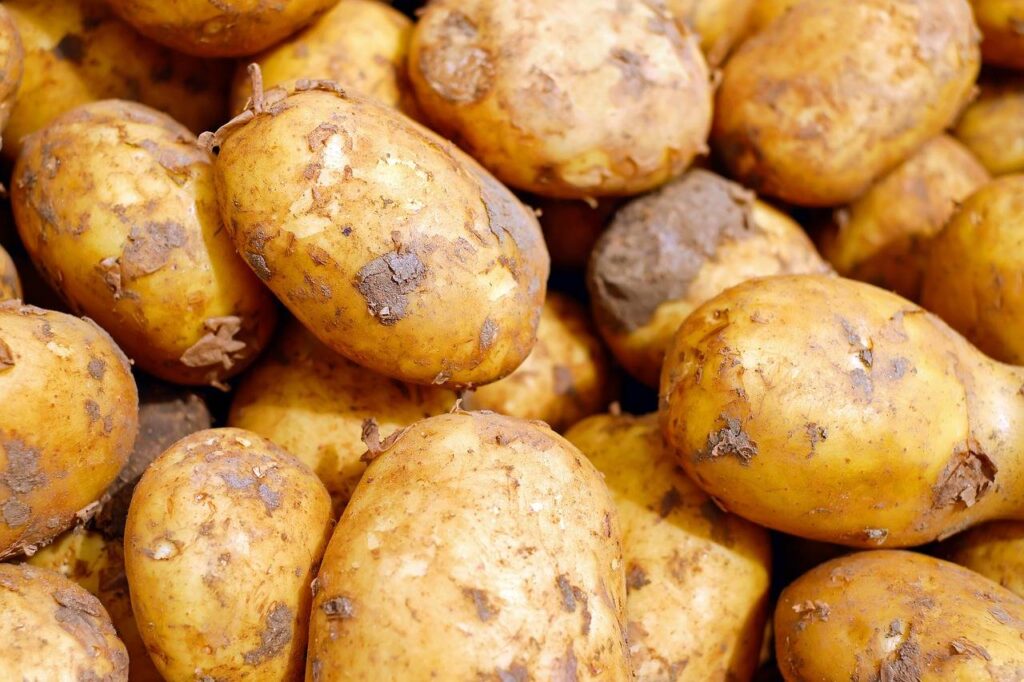Most Kenyans do not realize that one fifth of the food on their tables is imported. It could be that apple they munch just after finishing the main course – it may be from South Africa; or that Spanish omelet they gobble the following morning – it could be from Uganda. It could also be the pasta they devour later that evening – it’s probably from Italy.
Even more telling is the fact that on numerous occasions, the ugali we consume is cooked using flour from imported maize. I wish to share useful data combined by Kenya Association of Manufacturers (KAM).
Every year, each Kenyan eats an average 70 kilograms of maize and maize products. Despite this widespread consumption of maize, we don’t produce sufficient maize to meet our needs. According to the 2022 Economic Survey, aggregate maize production decreased from 42.1 million bags in 2020 to 36.7 million bags in 2021.
Despite Kenya’s glaring maize deficit, we continue to produce less maize that we consume. Our farmers are currently producing eight 90kg-bags of maize per acre yet the optimal yield per acre is fifteen 90kg-bags. This underperformance is even worse in the rice sector where farmers are currently producing 15 bags of rice per acre against an optimal yield of 35 bags per acre.
In 2021, Kenyans consumed 800,000 tonnes of rice. Out of these, only 186,000 tonnes were locally produced. The rest – approximately 631,000 tonnes – had to be imported. Things were just as bad with wheat. Out of the nearly 2.2 million tonnes of wheat that we consumed in 2021, almost 1.9 million was imported. For us to create more jobs, grow our economy and achieve food security, this trajectory must stop.
Now, water and fertilizer are two contributors to our agricultural underperformance.
Fertilizers improve supply of nutrients in the soil, consequently nourishing plant growth and increasing the subsequent yield. Thankfully, there may now be sufficient fertilizer through the Government’s subsidy program. However, abundance of fertilizer will be rendered useless if rains will delay as has been the case in recent years. That’s why we must support the mainstreaming of irrigation-centered climate smart agriculture in the country.
President Ruto has in umpteenth times reiterated the importance of irrigation. He has revealed plans to double the land under irrigation to 1.4 million acres in the next three years.
The President has also committed to formalize the long-awaited Climate Change Council which he will chair. This shall lend the Council immense powers. Among other duties, the Council will approve and oversee implementation of the National Climate Change Action Plan. For sure Climate Smart Agriculture must be at the heart of this plan.
Climate Smart Agriculture will transform our agriculture from rain-fed subsistence farming to irrigation-fed commercial farming that will boost both food security and sustainable livelihoods. Indeed, it’s possible for maize, rice and wheat to follow in the footsteps of tea.
Tea is our leading foreign exchange earner. In 2021, we earned Sh130 billion from it. This was almost twice the Sh77 billion that Safaricom, East and Central Africa’s most profitable company, earned in the same year.
Despite the high tea export earnings, we can generate more revenue from our tea. Only five percent of the exported tea had value added into it. In a recent meeting with the President, the Kenya Association of Manufacturers proposed that we should increase value addition from the current 5% to 50%. If we do so, we will earn billions more because low value addition robs us of approximately Sh 1,300 per kilo of tea exported!
It’s time to invest more into our agricultural produce and get more out of it. If we do so, we will drastically increase the 22.4 percent that agriculture currently contributes to the GDP. That will create thousands of decent and well-paying agricultural jobs. Think green, act green!



